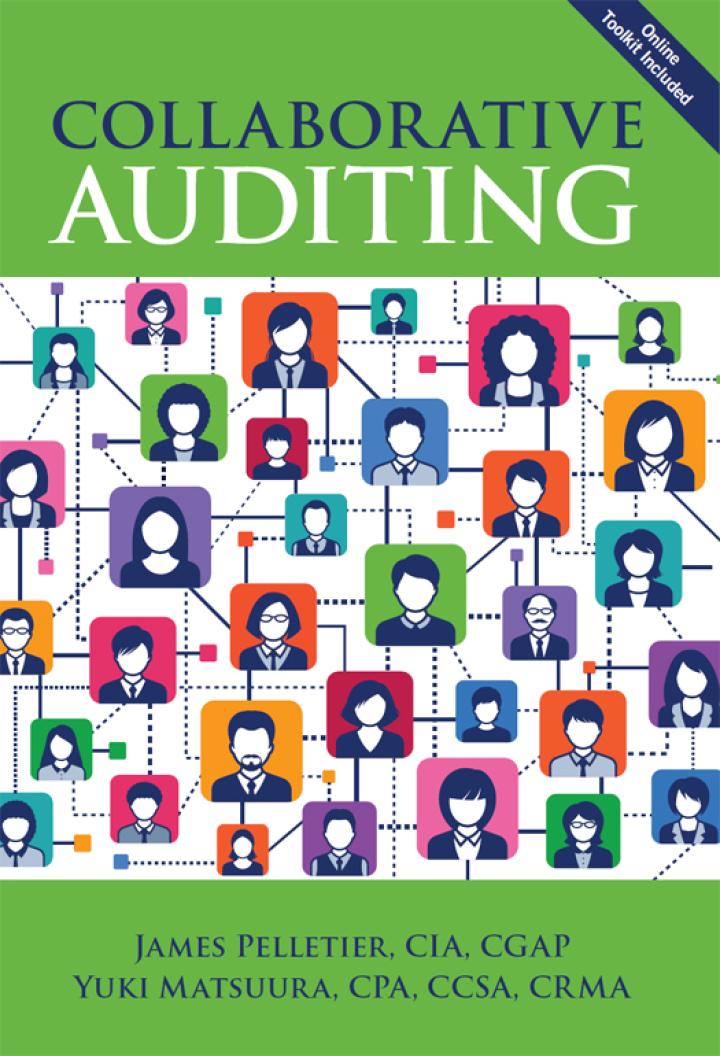Leverage and returns The following tables show the balance sheets of two banks : Big Bank and Small Bank.
: Big Bank and Small Bank.
2. Leverage and returns The following tables show the balance sheets of two banks: Big Bank and Small Bank Big Bank Balance Sheet Asset Liabilities and Net Worth Reserves $150,000 Checking deposits $500,000 Loans outstanding $450,000 Stockholders' equity $100,000 Total $600,000 Total $600,000 Small Bank Balance Sheet Assets Liabilities and Net Worth $0 Loans outstanding $200,000 Stockholders' equity $200,000 Tota $200,000 Reserves $0 Checking deposits Tota $200,000 Big Bank is a levered bank, while Small Bank is an unlevered bank. Assume that both banks offer an annual rate of 2% on checking deposits and charge an annual rate of 4% on loans. For Small Bank, the annual interest cost on deposits is S net profit of S , and the annual return on loans is S , Hence, Small Bank earns a , which represents a rate of return of % (Hint: Round to 1 decimal place.) on stockholders' equity For Big Bank, the annual interest cost on deposits is $ profit ofS and the annual return on loans is $ Hence, Big Bank earns a net which represents a rate of return of % (Hint: Round to 1 decimal place.) on stockholders' equity Suppose that the value of loans in both banks declines by 10%. The amount of loans outstanding for Big Bank decreases from $450,000 to , which represents a loss of % (Hint: Round to 1 decimal place.) of stockholders' equity. The amount of loans outstanding for Small Bank decreases from $200,000 to $ which represents a loss of % (Hint: Round to 1 decimal place.) of stockholders equity Therefore, Big Bank ? provides a higher rate of return to its investors, and Small Bank ? exposes its investors to greater risk in the event of a decline in the value of loans Grade It Now Save & Continue 2. Leverage and returns The following tables show the balance sheets of two banks: Big Bank and Small Bank Big Bank Balance Sheet Asset Liabilities and Net Worth Reserves $150,000 Checking deposits $500,000 Loans outstanding $450,000 Stockholders' equity $100,000 Total $600,000 Total $600,000 Small Bank Balance Sheet Assets Liabilities and Net Worth $0 Loans outstanding $200,000 Stockholders' equity $200,000 Tota $200,000 Reserves $0 Checking deposits Tota $200,000 Big Bank is a levered bank, while Small Bank is an unlevered bank. Assume that both banks offer an annual rate of 2% on checking deposits and charge an annual rate of 4% on loans. For Small Bank, the annual interest cost on deposits is S net profit of S , and the annual return on loans is S , Hence, Small Bank earns a , which represents a rate of return of % (Hint: Round to 1 decimal place.) on stockholders' equity For Big Bank, the annual interest cost on deposits is $ profit ofS and the annual return on loans is $ Hence, Big Bank earns a net which represents a rate of return of % (Hint: Round to 1 decimal place.) on stockholders' equity Suppose that the value of loans in both banks declines by 10%. The amount of loans outstanding for Big Bank decreases from $450,000 to , which represents a loss of % (Hint: Round to 1 decimal place.) of stockholders' equity. The amount of loans outstanding for Small Bank decreases from $200,000 to $ which represents a loss of % (Hint: Round to 1 decimal place.) of stockholders equity Therefore, Big Bank ? provides a higher rate of return to its investors, and Small Bank ? exposes its investors to greater risk in the event of a decline in the value of loans Grade It Now Save & Continue
 : Big Bank and Small Bank.
: Big Bank and Small Bank.





